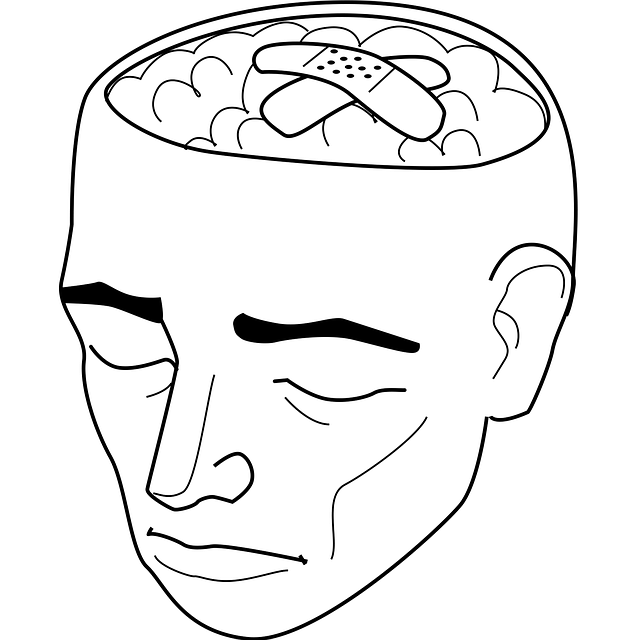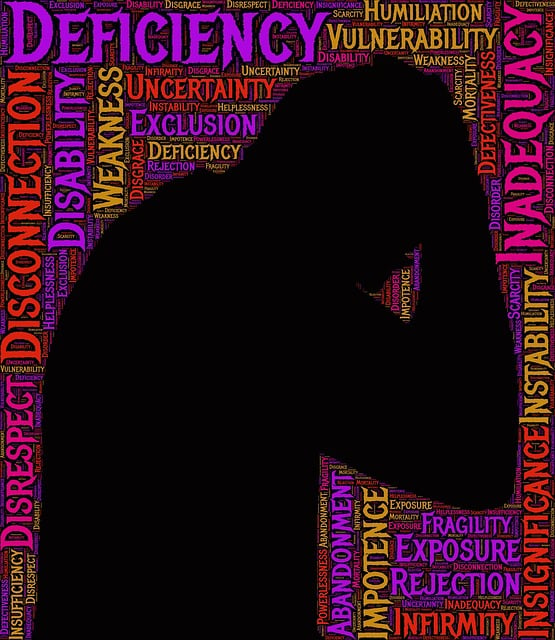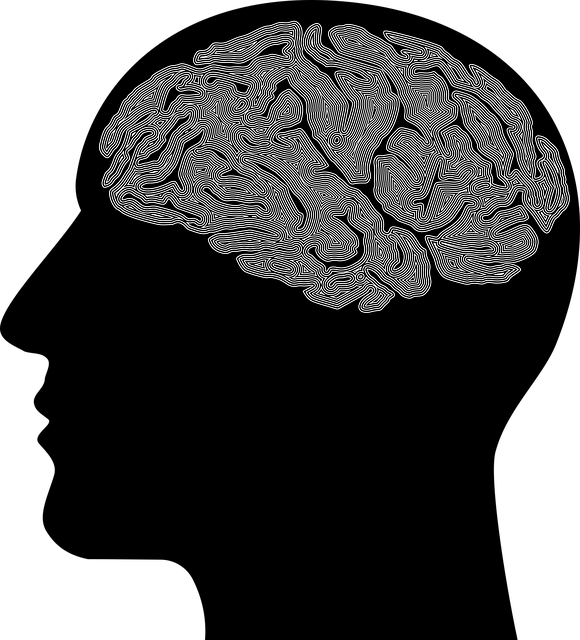Castle Rock Abuse Survivors Therapy emphasizes understanding individual mental wellness needs through recognizing unique traumas, cultural influences, and emotional responses. Tailored therapeutic journeys incorporate positive thinking strategies and structured sessions for inner strength. Advocating for comprehensive mental health policies ensures inclusive healing practices. Self-care routines involve mindfulness, empathy training, safe spaces, exercise, sleep, and diet, fostering resilience to manage challenges and setbacks. Depression prevention through awareness and open conversations improves mental wellness outcomes, supported by resources like the Mental Wellness Podcast Series.
“Unwind and embrace a transformative journey towards mental wellness with this comprehensive guide. Inspired by the principles of Castle Rock Abuse Survivors Therapy, we explore how understanding your unique needs is the cornerstone of self-discovery. Delve into strategic techniques to build a healing routine, focusing on resilience as a key component for long-term growth. By incorporating tailored practices, individuals can navigate their path to recovery and cultivate a robust mental wellness framework.”
- Understanding Your Unique Needs: A Journey to Self-Discovery
- Building Blocks of a Healing Routine: Strategies and Techniques
- Nurturing Resilience: Tools for Long-Term Mental Wellness and Growth
Understanding Your Unique Needs: A Journey to Self-Discovery

Understanding your unique mental wellness needs is a powerful first step on the journey to self-discovery and healing. For Castle Rock Abuse Survivors, this process involves recognizing the specific traumas and challenges that shape their experiences. Every individual carries a distinct psychological landscape—a tapestry woven with personal history, cultural influences, and emotional responses. The path to self-care begins by acknowledging these nuances.
By embracing cultural sensitivity in mental healthcare practice, survivors can ensure their therapeutic journeys are tailored to their unique backgrounds. This involves exploring the interplay between societal factors, historical experiences, and individual resilience. Incorporating positive thinking strategies alongside structured therapy sessions empowers individuals to cultivate inner strength. Moreover, advocating for comprehensive mental health policy analysis ensures that resources and support systems address the diverse needs of various communities, fostering inclusive healing practices.
Building Blocks of a Healing Routine: Strategies and Techniques

Developing a mental wellness self-care routine is an empowering step for individuals, especially those who have experienced Castle Rock Abuse Survivors Therapy. It involves creating a sanctuary where one can nurture their mind and soul, fostering resilience against past traumas. The foundation of this routine lies in adopting evidence-based strategies that promote healing. Mindfulness practices, such as meditation and deep breathing exercises, are powerful tools to calm the nervous system and reduce stress responses triggered by traumatic memories. Incorporating these techniques into daily life helps individuals regain a sense of control and self-awareness.
Empathy Building Strategies play a pivotal role in enhancing self-care. Engaging in activities that foster cultural competency training, as encouraged by healthcare providers, allows individuals to connect with their communities and seek support from like-minded people. Crisis intervention guidance can also be incorporated through setting up emergency contacts or establishing safe spaces where one can retreat during moments of heightened distress. By combining these strategies with regular exercise, adequate sleep, and a balanced diet, survivors can construct a comprehensive self-care routine tailored to their unique needs.
Nurturing Resilience: Tools for Long-Term Mental Wellness and Growth

Nurturing resilience is a key component of developing a robust mental wellness self-care routine, especially for those who have experienced trauma or abuse, such as Castle Rock Abuse Survivors Therapy clients. Building resilience involves equipping individuals with the tools and strategies to cope effectively with challenges, setbacks, and difficult emotions. Through practices like therapy, mindfulness exercises, and engaging in meaningful activities, survivors can learn to navigate life’s twists and turns while fostering long-term mental wellness growth.
Focusing on depression prevention is also integral to this process. Public awareness campaigns development and engaging in open conversations about mental health can help reduce stigma, encourage support seeking, and ultimately promote better mental wellness outcomes. Additionally, producing a Mental Wellness Podcast Series can offer valuable insights, practical tips, and inspiring stories that empower individuals to take charge of their mental health journey.
Developing a mental wellness self-care routine, tailored to your unique needs, is a powerful tool for healing. By understanding your individual requirements, you can build a robust foundation with strategies from Castle Rock Abuse Survivors Therapy and foster resilience. This process empowers individuals to navigate life’s challenges with enhanced mental wellness and growth over time. Embrace the journey of self-discovery and take control of your emotional well-being.














